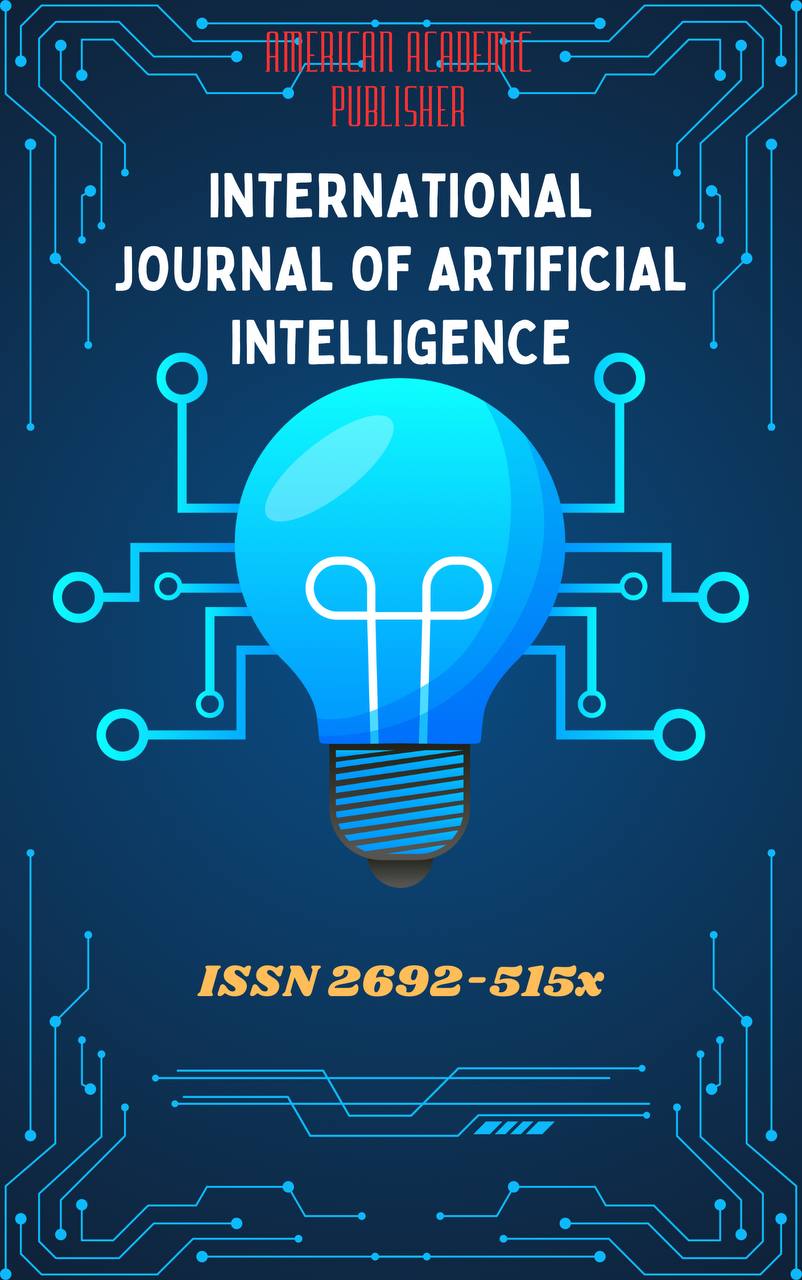 Articles
| Open Access |
Articles
| Open Access | IMPROVING THE METHODOLOGY FOR DEVELOPING REFLECTIVE COMPETENCIES OF FUTURE FOREIGN LANGUAGE TEACHERS
Yuldoshev Bobir Sobir o'g'li , Teacher of the Department of Languages, Profi UniversityAbstract
This paper explores ways to improve the methodology for developing reflective competencies among future foreign language teachers. Reflection is considered a key component of professional self-development, enabling teachers to critically evaluate their teaching practices, identify challenges, and seek effective solutions. The study emphasizes the importance of integrating reflective activities—such as self-assessment, peer feedback, and lesson analysis—into teacher education programs. It also highlights the role of digital tools and mentoring in fostering deeper levels of pedagogical reflection. The proposed methodological model aims to enhance the professional readiness, autonomy, and critical thinking of future educators, ultimately contributing to higher quality foreign language teaching and learning outcomes.
Keywords
reflective competence, teacher education, methodology, professional development, foreign language teaching, self-assessment, critical thinking, reflection in education.
References
Dewey, J. (1933). How We Think: A Restatement of the Relation of Reflective Thinking to the Educative Process. Boston: D.C. Heath.
Schön, D. A. (1983). The Reflective Practitioner: How Professionals Think in Action. New York: Basic Books.
Farrell, T. S. C. (2015). Promoting Teacher Reflection in Second Language Education: A Framework for TESOL Professionals. Routledge.
Zeichner, K. M., & Liston, D. P. (2014). Reflective Teaching: An Introduction. Routledge.
Richards, J. C., & Lockhart, C. (1996). Reflective Teaching in Second Language Classrooms. Cambridge University Press.
Article Statistics
Downloads
Copyright License

This work is licensed under a Creative Commons Attribution 4.0 International License.

